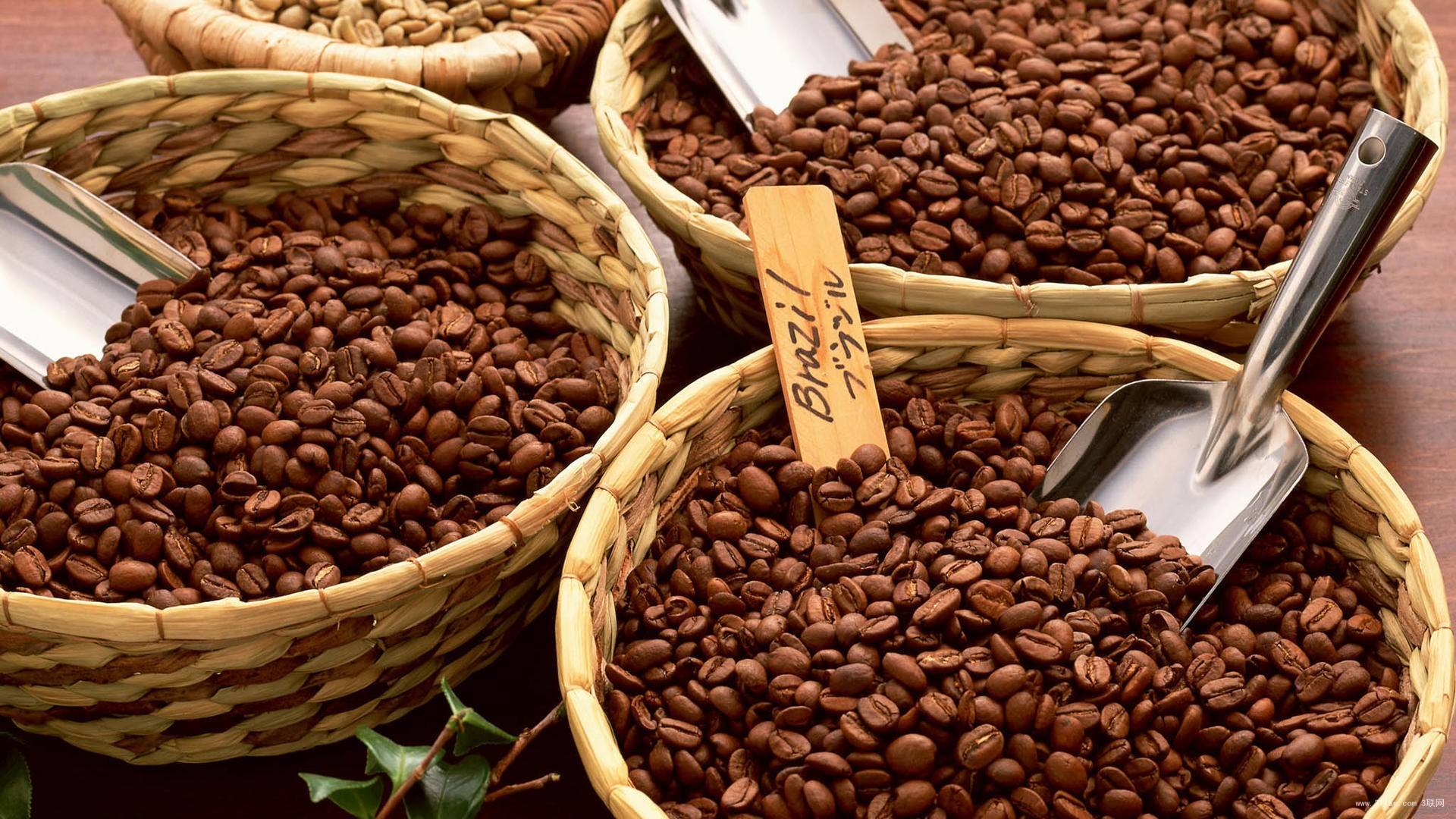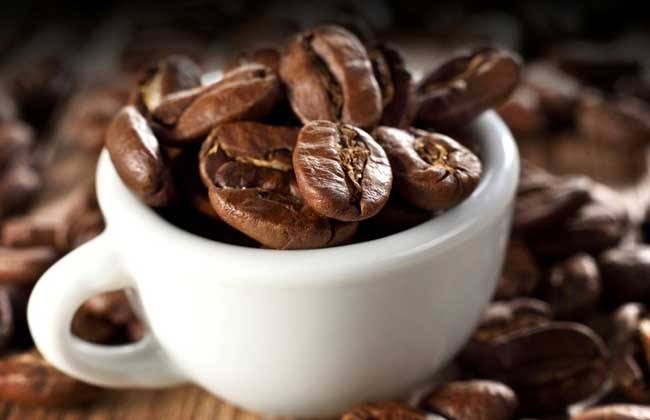Nicaragua Pleasure Estate Introduction, Nicaragua Pleasure Estate Coffee Bean Introduction
Follow the caf é (Wechat official account vdailycom) and found that Beautiful Cafe opened a small shop of its own.
Introduction to Happy Manor
Happy Manor, owned by the Mierisch family, belongs to the Matagalpa producing area, with an elevation of 1000 meters, an average annual temperature of 27 degrees, a low temperature of 20 degrees and an area of about 241cm. In addition to this Caturra, Java, Pacamara,Catuai and other varieties are planted in the manor.
The Mierisch family in Nicaragua began to grow coffee in 1908 for more than 100 years. In the past 15 years, the family's investment in coffee equipment, processing technology and personnel training has led to the great growth of the family's micro-batch coffee beans. Under the influence of the Mieridi family, the manor in the family has also won the COE award many times.

Nicaraguan boutique washing
Manor: LOS PLACERES Joy Manor
Producing area: Matagalpa, northern Nicaragua
Altitude: 1200 m
Variety: Arabica species
Bean seed: Kaddura
Treatment: washing type, scaffolding to dry
Product specifications:
69 kg gunny bag outer packing, lined with GRINPRO BAG
Flavor: pears, toffee, almonds.
Production season: 2013 Universe 2014
Cup test:
Nicaragua is a famous coffee producing area in the world. Rich volcanic soil, low humidity, strong sunlight and cool night breeze are the characteristics of Guatemala.
Nicaraguan coffee shows a mild and mellow overall texture, elegant aroma, and with a special and pleasant acidity similar to fruit acid, has become the aristocracy of coffee.
Introduction to Nicaraguan Coffee
Nicaragua is located in central Central America, bordered by the Pacific Ocean to the west and the Caribbean Sea to the east. The highlands in the north and the coastal plains in the east are part of the Central American volcanic belt. The eastern plain is high-temperature and rainy, with a tropical maritime climate. The suitable climate provides an excellent growth environment for the cultivation of coffee.
High-quality Nicaraguan coffee, grown in the north and middle of the country. Coffee is a pillar industry in Nicaragua, producing nearly 100,000 tons of coffee beans every year. Many people who have tasted Nicaraguan coffee usually think that it is no different from Salvadoran coffee or Honduran coffee. It is full-bodied, smooth and delicate, with a slightly bitter finish, like a faint taste in a wine.
In many countries, coffee production will be seriously affected for political reasons. Nicaraguan coffee industry is no exception. The 1979 revolution forced coffee planters to flee to Miami. A period of indecision followed, when the government considered whether to redistribute land, including many plantations, which led to a shortage of coffee and a decline in production, from more than 1 million bags in the early 1970s to less than 600000 bags in 1990. Now the Government has opened up the coffee industry and private owners have taken control of the market. The coffee is produced in Sinotega and New Segovia in Matagalpa. It has moderate acidity, delicious aroma and is very lovely.
Nicaragua is now one of the poor countries in Central America. Due to its poor economic foundation, the coffee industry is still relatively backward, while coffee farmers are in extreme poverty. Fortunately, Nicaraguan coffee has received some foreign aid funds to improve the quality of its coffee. The coffee produced in Nicaragua's Madagelba, Sinodega and Segovia is highly respected by coffee lovers all over the world. In particular, the coffee produced in Madaguelba is very similar in taste to Kenyan AA coffee.
Important Notice :
前街咖啡 FrontStreet Coffee has moved to new addredd:
FrontStreet Coffee Address: 315,Donghua East Road,GuangZhou
Tel:020 38364473
- Prev

Nicaragua coffee flavor characteristics of Nicaraguan coffee, how to taste Nicaraguan coffee
Following Kaibei (Wechat official account vdailycom) found that the Beautiful Cafe opened a small shop of its own Nicaragua is located in central Central America, it is bordered by the Pacific Ocean to the west and the Caribbean Sea to the east. The highlands in the north and the coastal plains in the east are part of the Central American volcanic belt. The eastern plain is high-temperature and rainy, with a tropical maritime climate. The suitable climate provides excellent for the cultivation of coffee.
- Next

The Historical Origin of Nicaraguan Coffee, introduction of Nicaraguan Lemon Tree Manor
Following Cafe (official Wechat account vdailycom) found that Nicaragua, located in central Central America, is the largest country in Central America, bordering Honduras in the north, Costa Rica in the south, the Caribbean Sea in the east and the Pacific Ocean in the west. The eastern part is the coastal plain, the high temperature and rainy climate is tropical maritime climate, and the western part is the coastal lowland with many jungles and swamps.
Related
- Detailed explanation of Jadeite planting Land in Panamanian Jadeite Manor introduction to the grading system of Jadeite competitive bidding, Red bid, Green bid and Rose Summer
- Story of Coffee planting in Brenka region of Costa Rica Stonehenge Manor anaerobic heavy honey treatment of flavor mouth
- What's on the barrel of Blue Mountain Coffee beans?
- Can American coffee also pull flowers? How to use hot American style to pull out a good-looking pattern?
- Can you make a cold extract with coffee beans? What is the right proportion for cold-extracted coffee formula?
- Indonesian PWN Gold Mandrine Coffee Origin Features Flavor How to Chong? Mandolin coffee is American.
- A brief introduction to the flavor characteristics of Brazilian yellow bourbon coffee beans
- What is the effect of different water quality on the flavor of cold-extracted coffee? What kind of water is best for brewing coffee?
- Why do you think of Rose Summer whenever you mention Panamanian coffee?
- Introduction to the characteristics of authentic blue mountain coffee bean producing areas? What is the CIB Coffee Authority in Jamaica?

